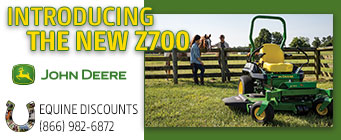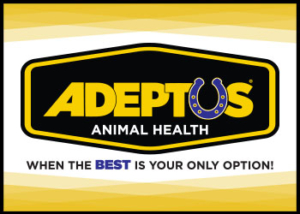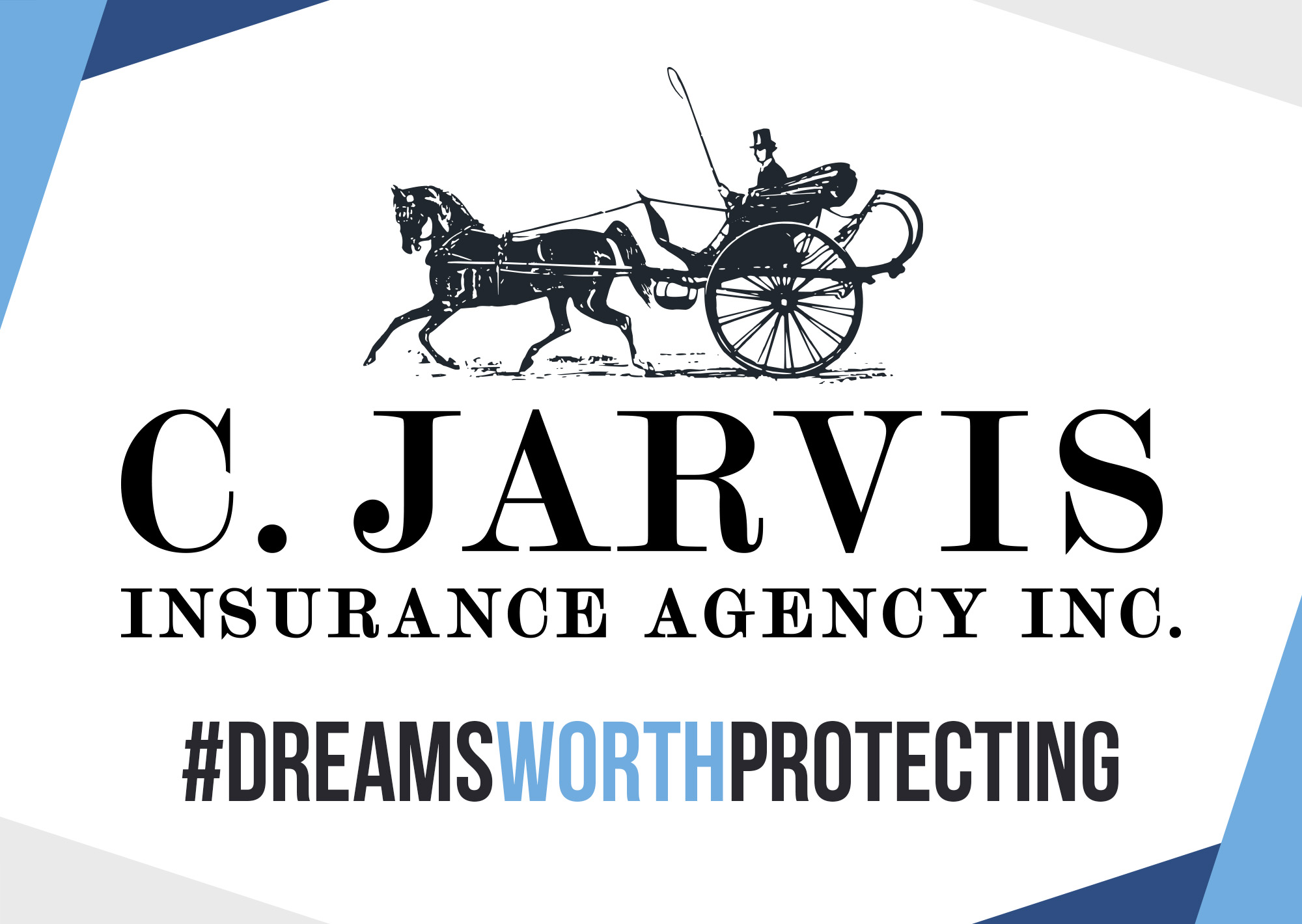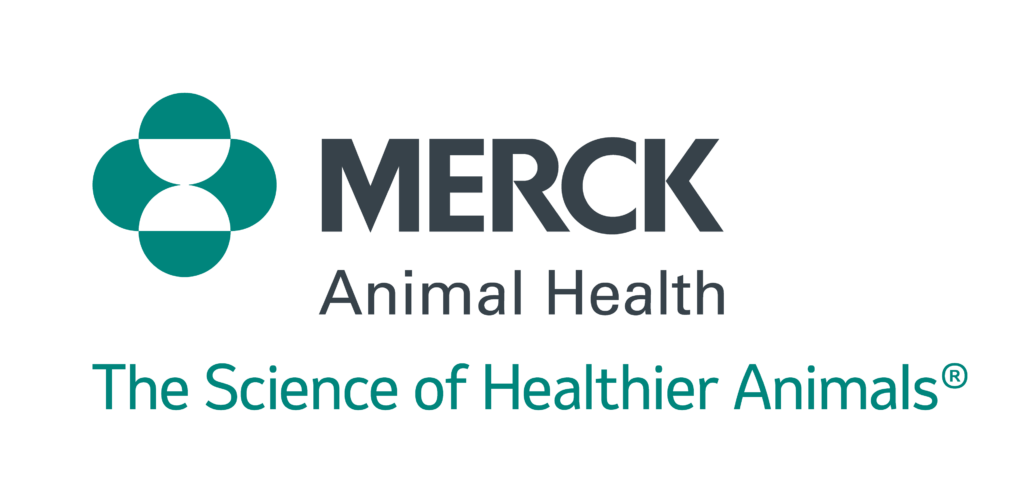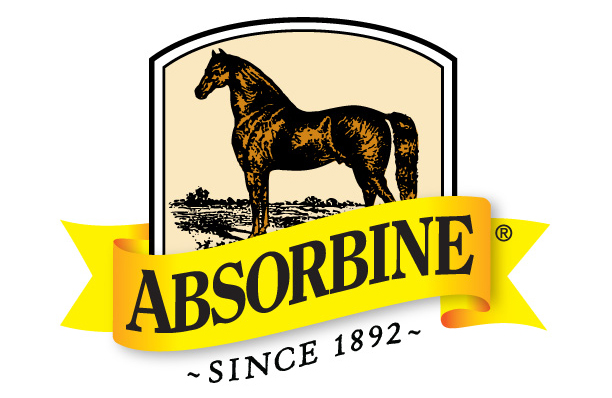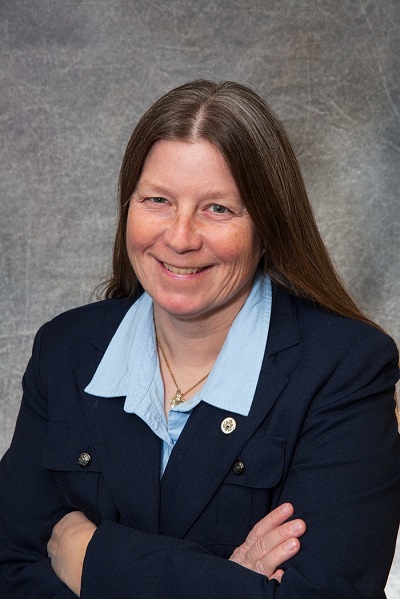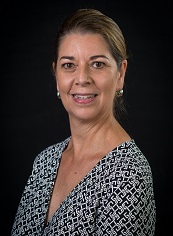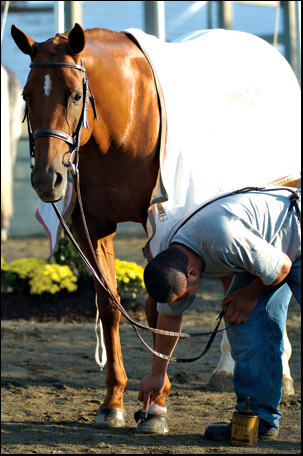
It is no secret that many of the workers on the backstretch at race tracks, on breeding farms and at horse shows are foreign born. Horse industry employers have for many years found it difficult to recruit American workers to fill these jobs. For this reason, American immigration policy has been a major concern of the horse industry and the American Horse Council has worked to ensure the H-2B non-agricultural and H-2A agricultural temporary foreign worker programs are a viable option for the industry. However, new pressures threaten the ability of the horse industry to hire these vital workers.
“The industry has had long-standing problems recruiting workers to fill jobs helping to raise, train, and care for the industry’s horses. This was the case even during the recent recession when unemployment reached 10%,” said AHC Sr. VP, Policy and Legislative Affairs, Ben Pendergrass. “Now that the economy has recovered and unemployment has fallen to around 4.7% finding workers has become especially challenging, this and other factors have made it more vital than ever for Congress to take action to improve the inadequate current guest worker programs.”
President Trump has recently issued several executive orders relating to increased immigration enforcement and border security. While these orders do not directly relate to the H-2B or H-2A programs, generally speaking, increased enforcement, increased competition for legal workers and greater demand for H-2B and H-2A workers will make it more difficult for horse industry employers to fill many positions.
Already, the cap for H-2B visas for the first half of the fiscal year was reached in record time on January 10th. There is a statutory cap on the total number of H-2B visas issued each year. Currently, Congress has set the H-2B cap at 66,000 per fiscal year, with 33,000 for workers who begin employment in the first half of the fiscal year (October 1 – March 31) and 33,000 for workers who begin employment in the second half of the fiscal year (April 1 – September 30).
Because the cap has already been reached, for many employers that means no H-2B workers will be available if they are needed in 2017. There is no cap on the H-2A agricultural visa program, but those workers can only be employed by horse breeding farms and cannot be utilized by trainers at race tracks or horse shows.
“The industry would like to see comprehensive immigration reform eventual, but the most immediate need is for H-2B cap relief,” continued Pendergrass. “We have been urging Congress to reinstate the so-called ‘H-2B returning worker exemption’ in the Continuing Resolution that will need to be passed at the end of April to keep the government from shutting down. Everyone in the racing or showing segments of the industry really should be contacting their elected officials and urging them to take action.”
The “returning worker exemption” exempts from the 66,000 cap on H-2B visas, workers who had complied with past visa requirements and worked in the program during one of the preceding three years. It was in place for part of 2015 and 2016 and helped ensure the horse industry and other seasonal small businesses had access to needed H-2B workers.
Besides taking this immediate action the AHC believes Congress should pass broader reform legislation like the Save our Small and Seasonal Businesses Act of 2017 (S. 792), introduced recently by Senators Thom Tillis (R-NC), Angus King (I-ME), Susan Collins (R-ME), John Thune (R-SD), Mike Rounds (R-SD), Roy Blunt (R-MO), John Cornyn (R-TX), Lisa Murkowski (R-AK), and Mark Warner (D-VA). This is a bipartisan proposal and represents the most comprehensive reform measure for the H-2B program.
Additionally, in the House of Representatives the Strengthen Employment and Seasonal Opportunities Now (SEASON) Act, (HR 2004), has been introduced by Representatives Steve Chabot (R-OH), Jason Chaffetz (R-UT), Bob Gibbs (R-OH), Dr. Andy Harris (R-MD), Kevin Yoder (R-KS) Billy Long (R-MO), and Judiciary Chair Bob Goodlatte of Virginia. The SEASON Act is a fairly broad authorization bill that will reform how the H-2B program would work including addressing regulatory oversight simplification.
“The AHC is continually educating Members of Congress about how this issue is impacting the horse industry, but they also need to hear firsthand from their constituents about their experiences,” said AHC President Julie Broadway. “We urge all members of the racing and showing segments of the industry to contact their elected officials. The AHC is always here to help facilitate communication and answer any questions have about contacting Congress.”



